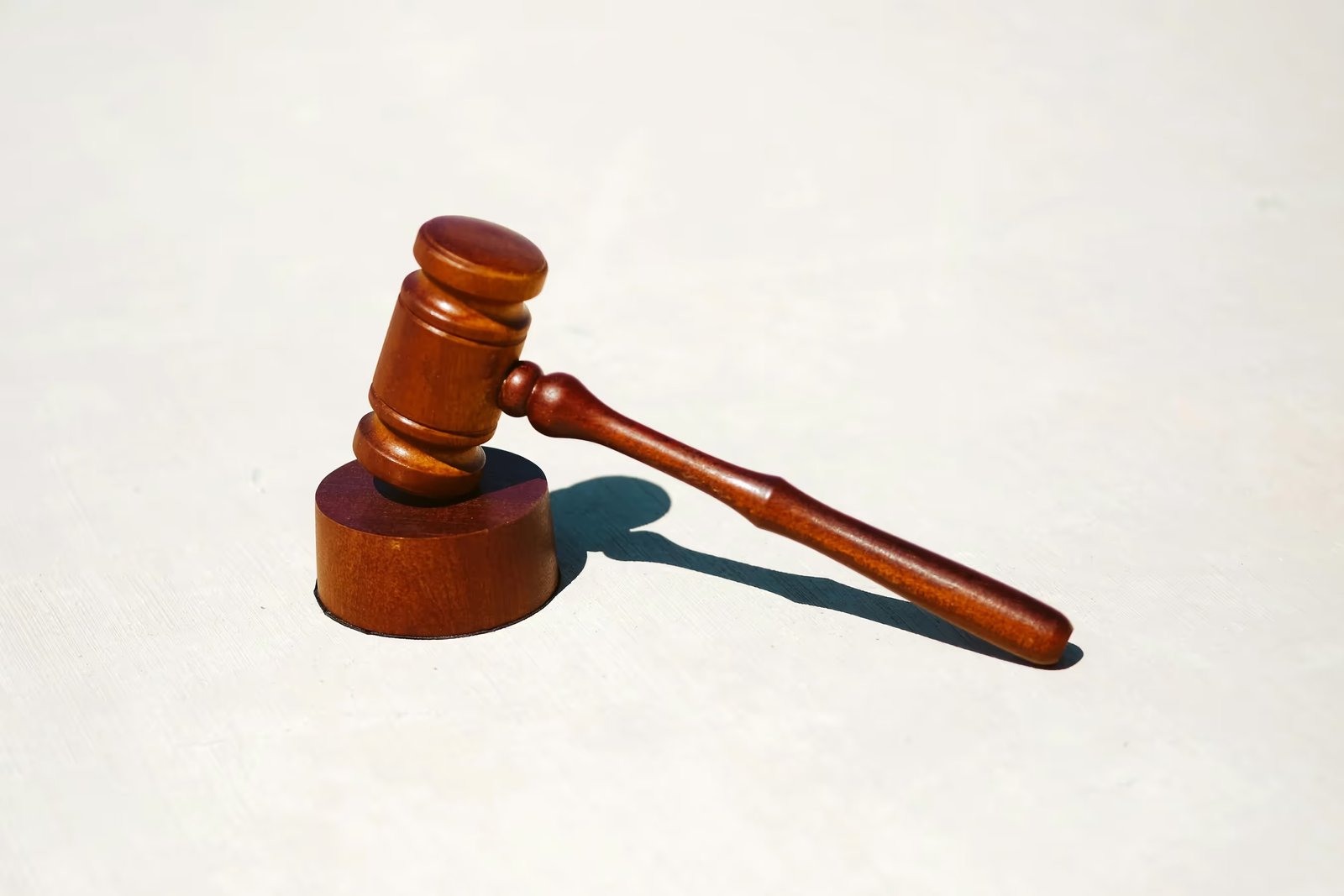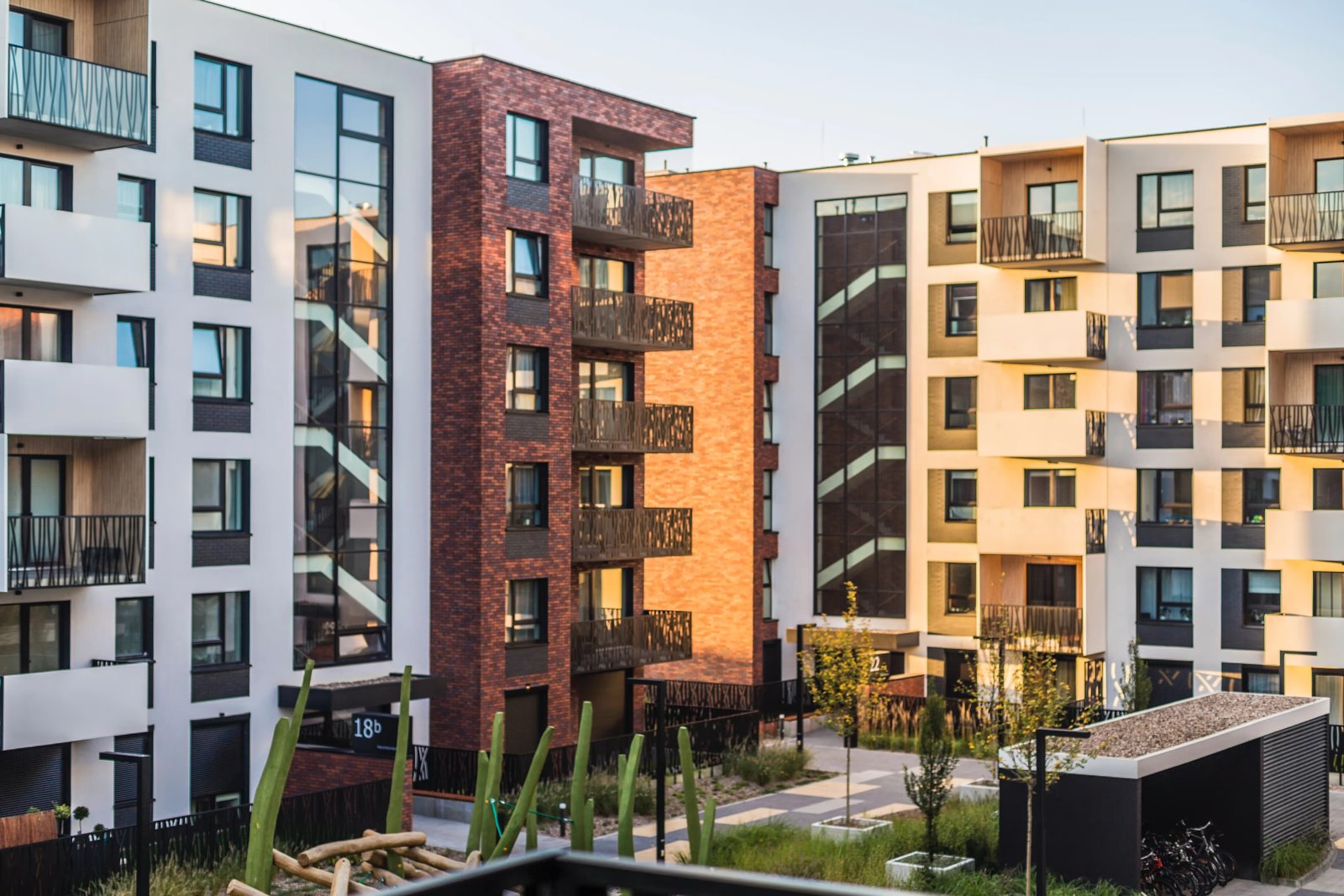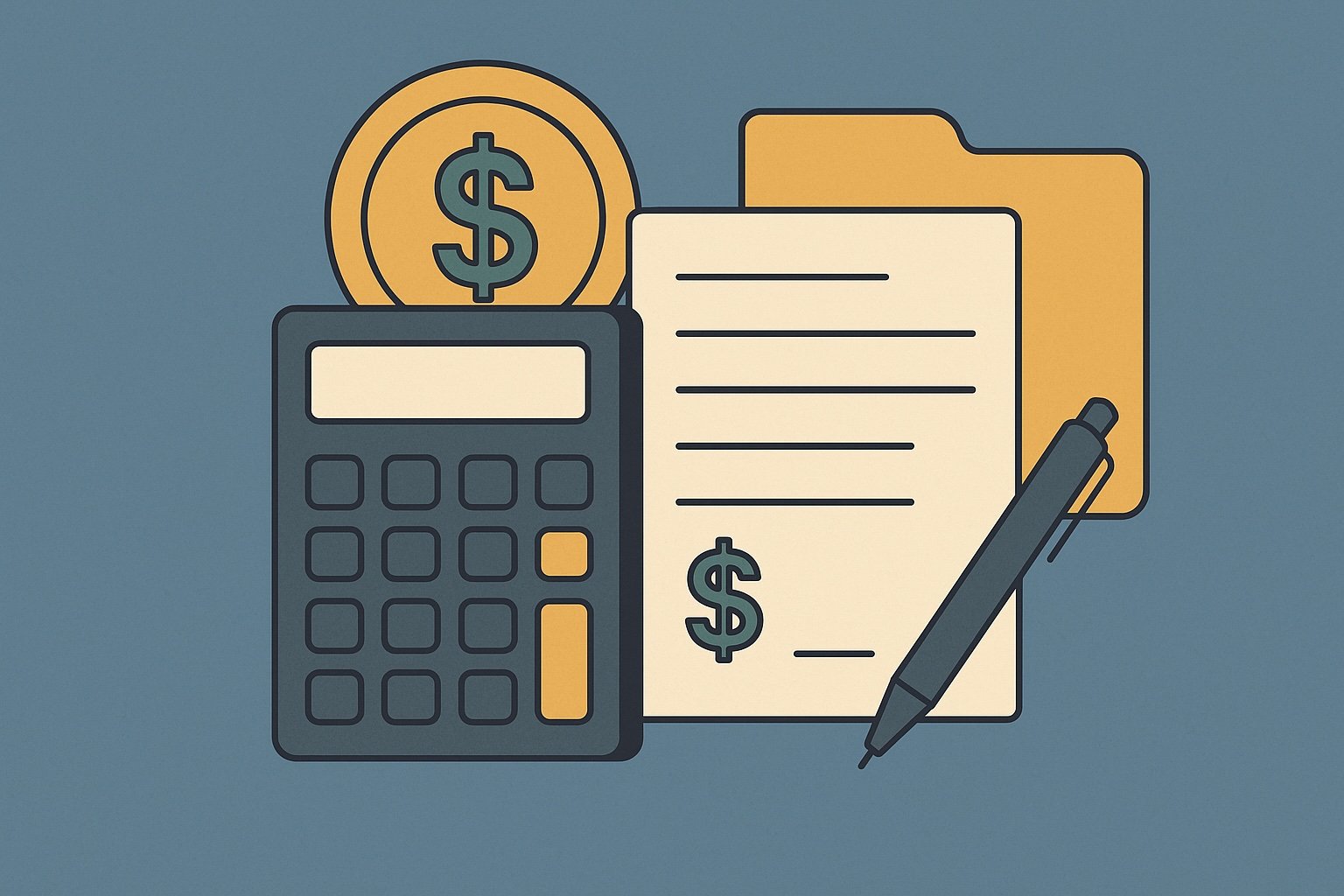Question
ARTE's Answer
The short answer is that you cannot directly use a 1031 exchange to acquire a primary residence because the properties involved in a 1031 exchange must be held for investment or business purposes. However, there is a strategy that allows you to eventually convert a property acquired through a 1031 exchange into a primary residence, but it requires careful planning and adherence to specific rules.
When you perform a 1031 exchange, the replacement property must be held for investment or business use. This means that initially, you cannot use the property as your primary residence. However, after a certain period, you can convert the investment property into your primary residence. Here’s how it works:
- Initial Acquisition and Holding Period: After completing a 1031 exchange, you must hold the replacement property as an investment for a reasonable period. The IRS does not specify an exact timeframe, but a common guideline is to hold the property for at least two years. During this time, you should rent out the property or use it in a trade or business to demonstrate investment intent.
- Conversion to Primary Residence: After the initial holding period, you can convert the property into your primary residence. This involves moving into the property and using it as your main home.
- Section 121 Exclusion: Once the property is your primary residence, you may be eligible for the Section 121 exclusion, which allows you to exclude up to $250,000 of gain ($500,000 for married couples) from the sale of your primary residence. However, to qualify for this exclusion, you must have lived in the property as your primary residence for at least two of the five years preceding the sale.
- Five-Year Rule: If the property was acquired through a 1031 exchange, you must hold it for at least five years before you can apply the Section 121 exclusion. This rule prevents taxpayers from quickly converting investment properties into primary residences to take advantage of the exclusion.
Let’s illustrate this with an example:
Imagine you own an investment property that you sell for $500,000, and you have a gain of $200,000. You decide to perform a 1031 exchange to defer the capital gains tax. You use Deferred.com as your qualified intermediary to facilitate the exchange. We help you identify and acquire a replacement property, a rental home valued at $500,000.
You rent out the replacement property for two years, demonstrating your intent to hold it as an investment. After two years, you decide to move into the property and make it your primary residence. You live there for another three years, meeting the five-year holding requirement since the original exchange.
After living in the property for a total of five years (two as a rental and three as a primary residence), you decide to sell it. At this point, you can apply the Section 121 exclusion to exclude up to $250,000 of gain ($500,000 if married) from your taxable income, provided you meet all other requirements.
This strategy allows you to defer the initial gain through the 1031 exchange and potentially exclude a portion of the gain when you eventually sell the property as your primary residence. It’s important to consult with a tax advisor to ensure compliance with all IRS rules and regulations throughout this process.
Have more questions? Call us at 866-442-1031 or send an email to support@deferred.com to talk with an exchange officer at Deferred.
Sources
- Split Treatment Transactions - Obtaining Deferral Under Section 1031 & Exclusion Under Section 121 (Article)
- Rev. Proc. 2005-14 (Section 1031 and Section 121 Combined)
- Rev. Rul. 2002-83 (Related Party Exchanges)
- TAM 200039005 (Failed Reverse Exchanges)
- Deferring Losses On The Sale of Property Using 1031 Exchanges
- Goolsby v. Commissioner
1031 Question? Ask ARTE
Deferred's AI 1031 Research Assistant is trained on 8,000+ pages of US tax law and outperforms human CPAs by 22%+
CHAT NOW
Learn More
See more frequently asked questions about 1031 exchanges








